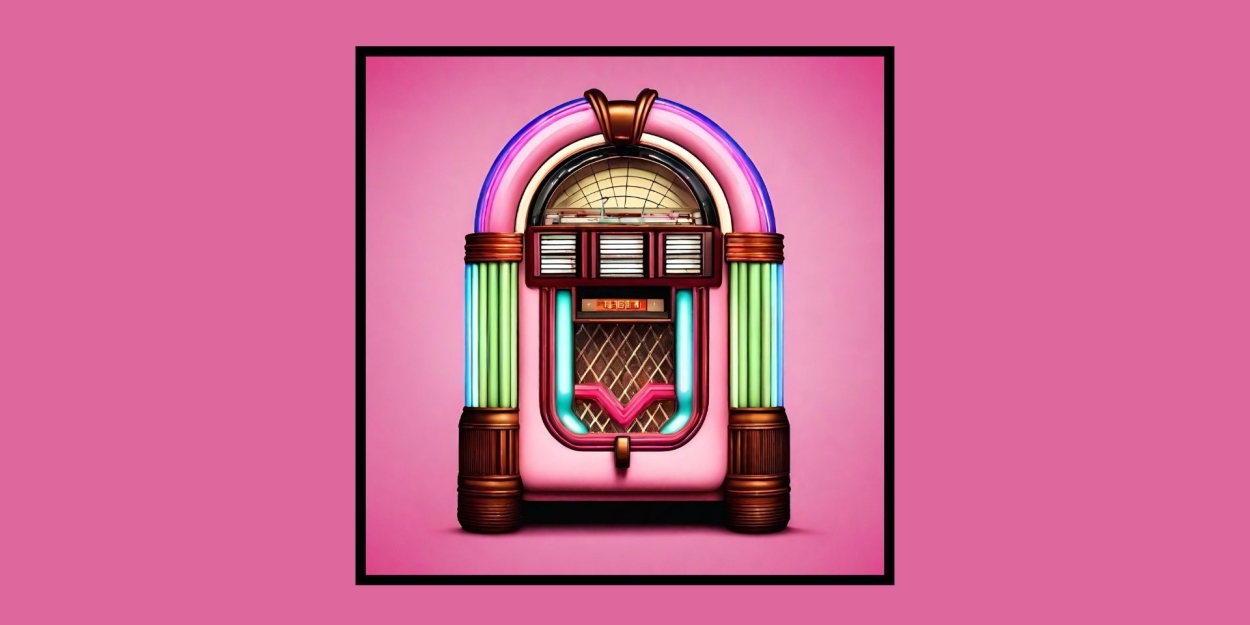Student Blog: Justice for the Jukebox
The important role that jukebox musicals play in modern theater

Two weeks ago, I closed my high school musical production of Mamma Mia! The audience that filled my high school’s auditorium was by far the most fun and energetic audience I have ever performed for. This new energy was all due to the ABBA music featured in the show. The audience came into the performance ready to party along to songs they already knew and loved.
Jukebox musicals, like Mamma Mia, have experienced mass success in both movie theaters and live on stage. But recently, some hard-core theater fans are saying they are tired of these pop-filled musicals. I, on the other hand, am here to vouch for the importance of the jukebox musical. As a fan of both classic and contemporary musical theater, I believe jukebox musicals are vital to the life of modern musical theater and take just as much talent and creativity as any other musical.
Before diving into their many purposes, let’s take a look at the mechanics of jukebox musicals. Jukebox musicals are musicals that use songs that have previously been written and released. The writers of the musical take preexisting songs and recycle them to tell a new story. Jukebox musicals typically fall into two different categories: biographical musicals and fictional musicals. Biographical musicals use music from a specific artist to tell the story of their lives. Some examples of this kind of musical are Jersey Boys, Beautiful: The Carole King Musical, and Ain’t Too Proud. Fictional jukebox musicals use music by either one artist or multiple artists to create an entirely new story following fictional characters. Some examples of this kind of show are Mamma Mia, Moulin Rouge, and & Juliet.
So, why the recent hate around jukebox musicals? Some theater fans are complaining that jukebox musicals are taking over the theater industry. In some regard, they wouldn’t be wrong. More and more jukebox musicals seem to be popping up in theaters recently. However, I do not think this is a bad thing. The theater industry goes through trends. Right now, jukebox musicals happen to be part of the current trends. Some fans also think of jukebox musicals to be a “cheap” way of creating a new show. However, each song is reorchestrated and arranged to best tell the story of the jukebox musical. New music must be written for each vocal part and the pit orchestra. While the lyrics and melody may already be written, there is still a lot of work that goes into preparing music for jukebox musicals. Fans also argue that jukebox musicals are made just to appeal to the “non-theater” community. Once again, I do not see this as negative. Jukebox musicals are great opportunities to expose new people to the art of live theater. People who may never consider seeing a Broadway show may buy a ticket because they recognize a song or two! Regular musicals can be very daunting to people who are unfamiliar with musical theater. By merging the world between pop music and the stage, jukebox musicals are bringing more people to the theater.
Despite the recent stigma surrounding jukebox musicals, they continue to prove themselves as vital parts of the theater industry. These shows take just as much talent to create as other musicals and can bring many new fans to the theater community. I encourage all theater fans to rethink their opinions of jukebox musicals and recognize their importance to musical theater as a whole
Videos


